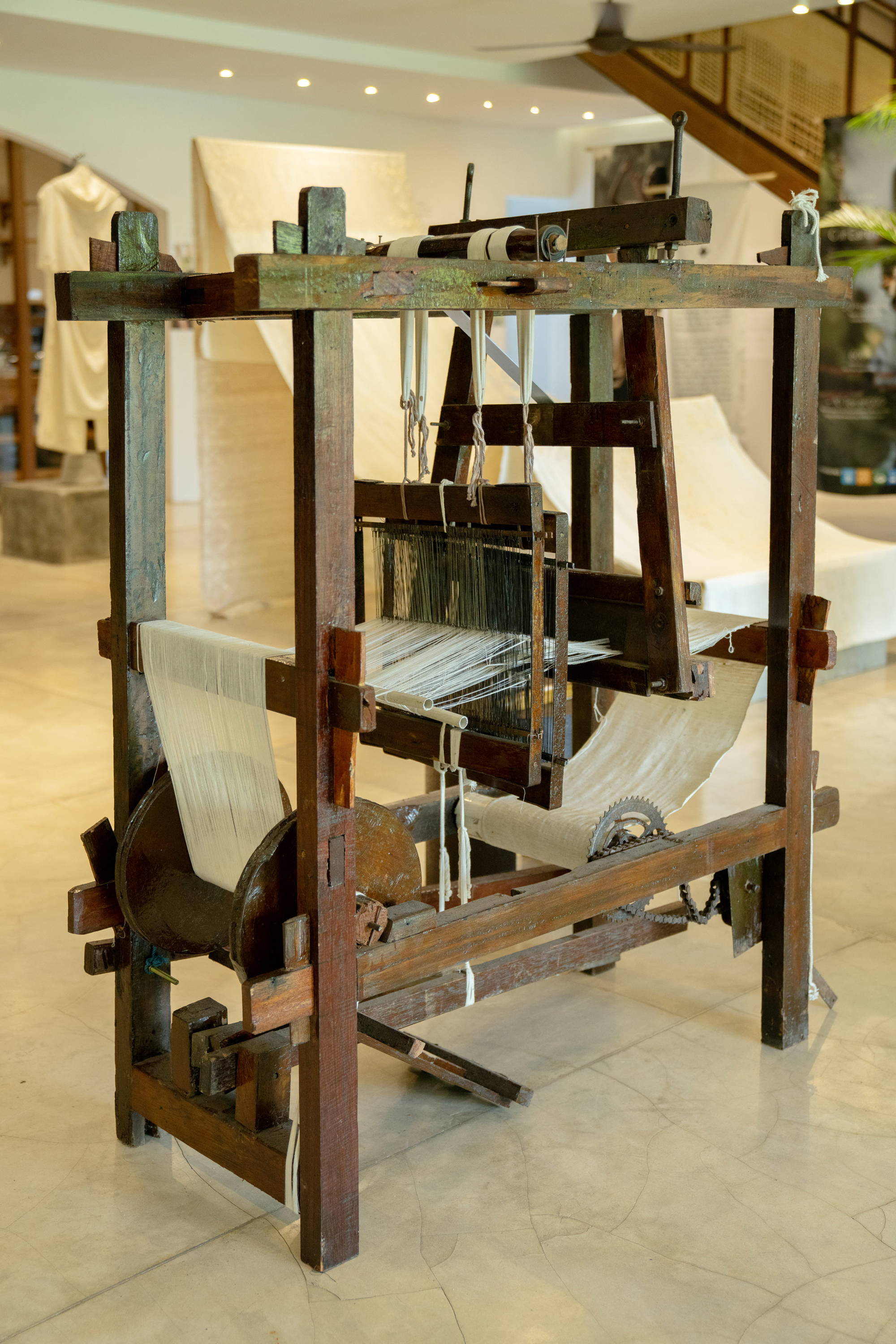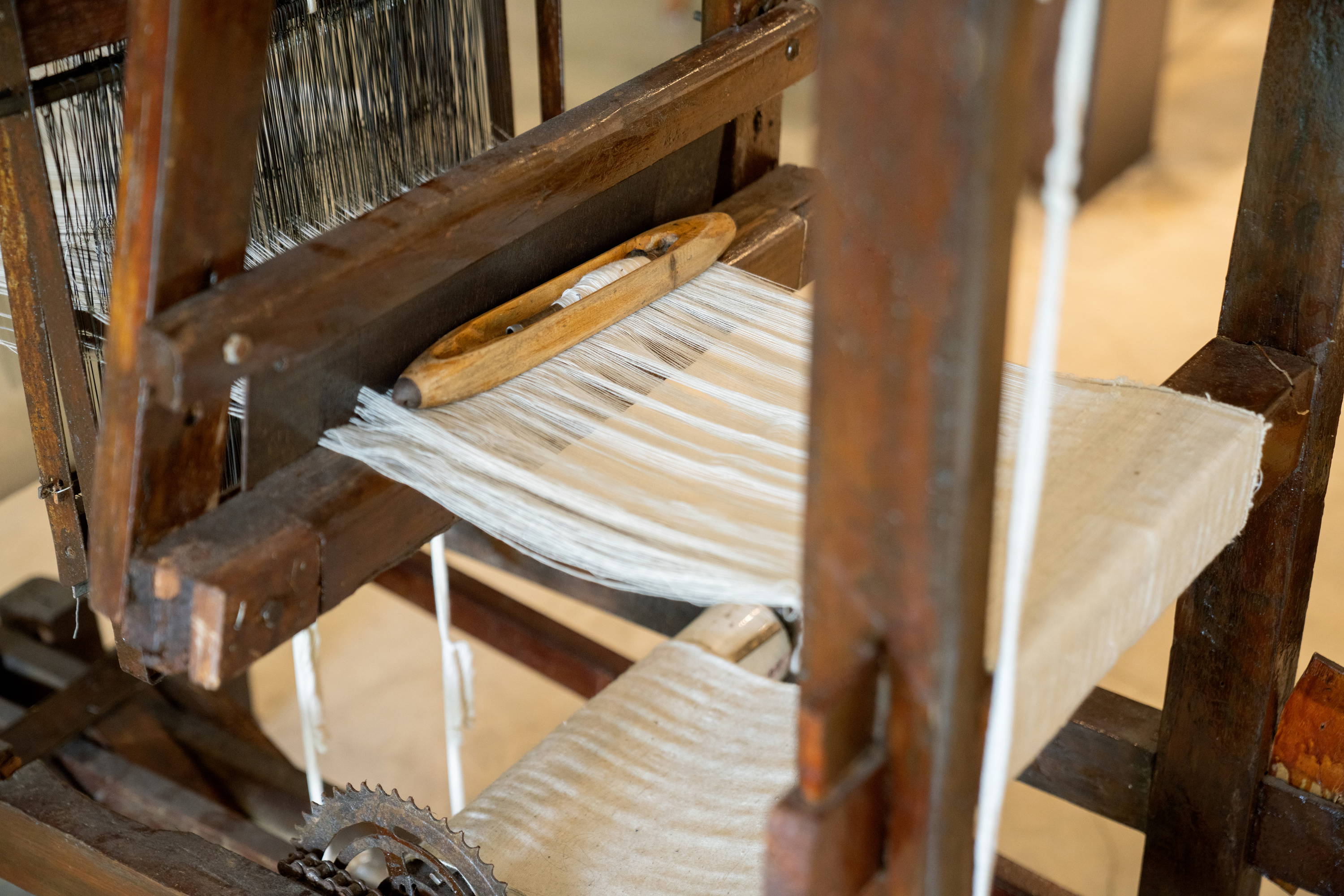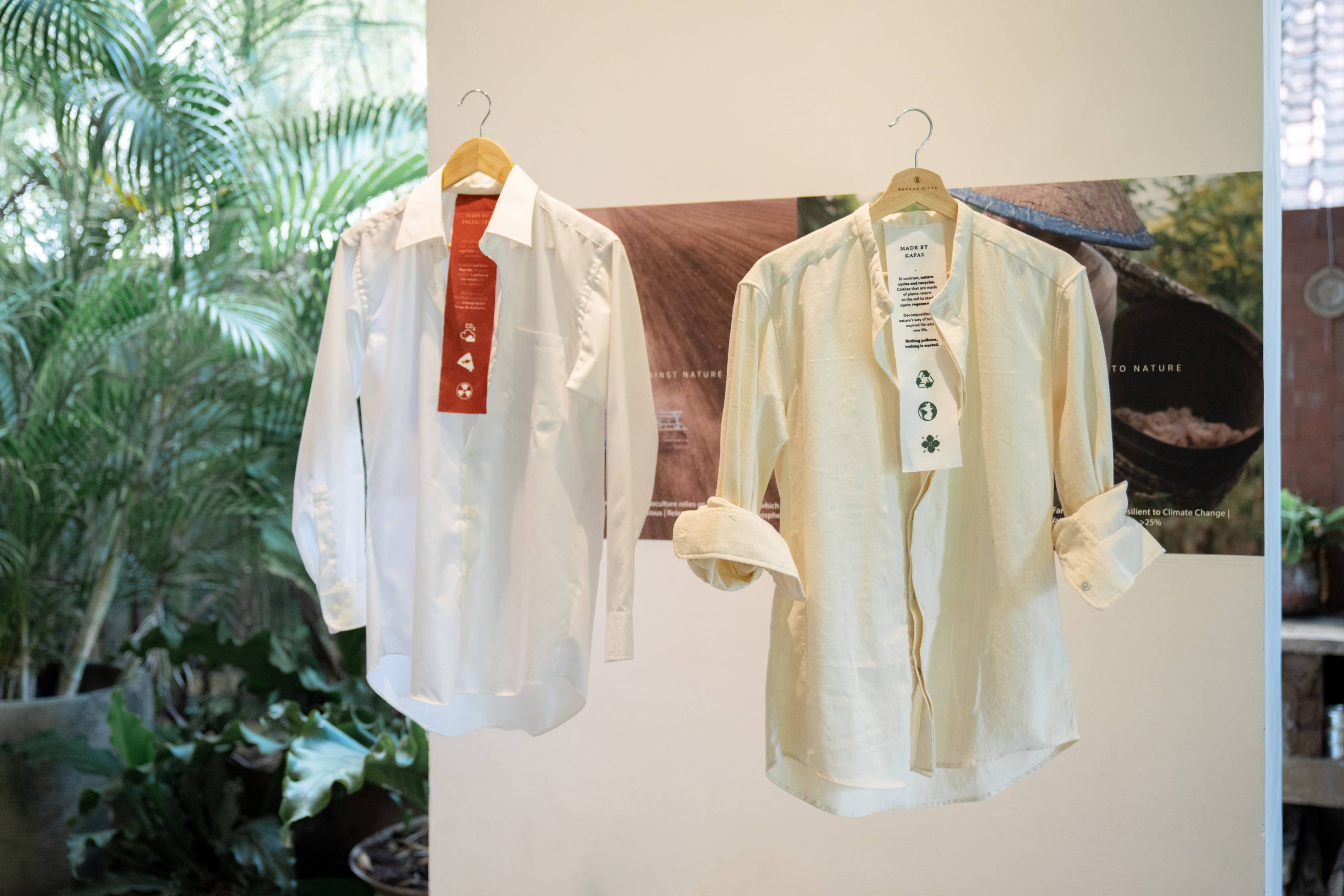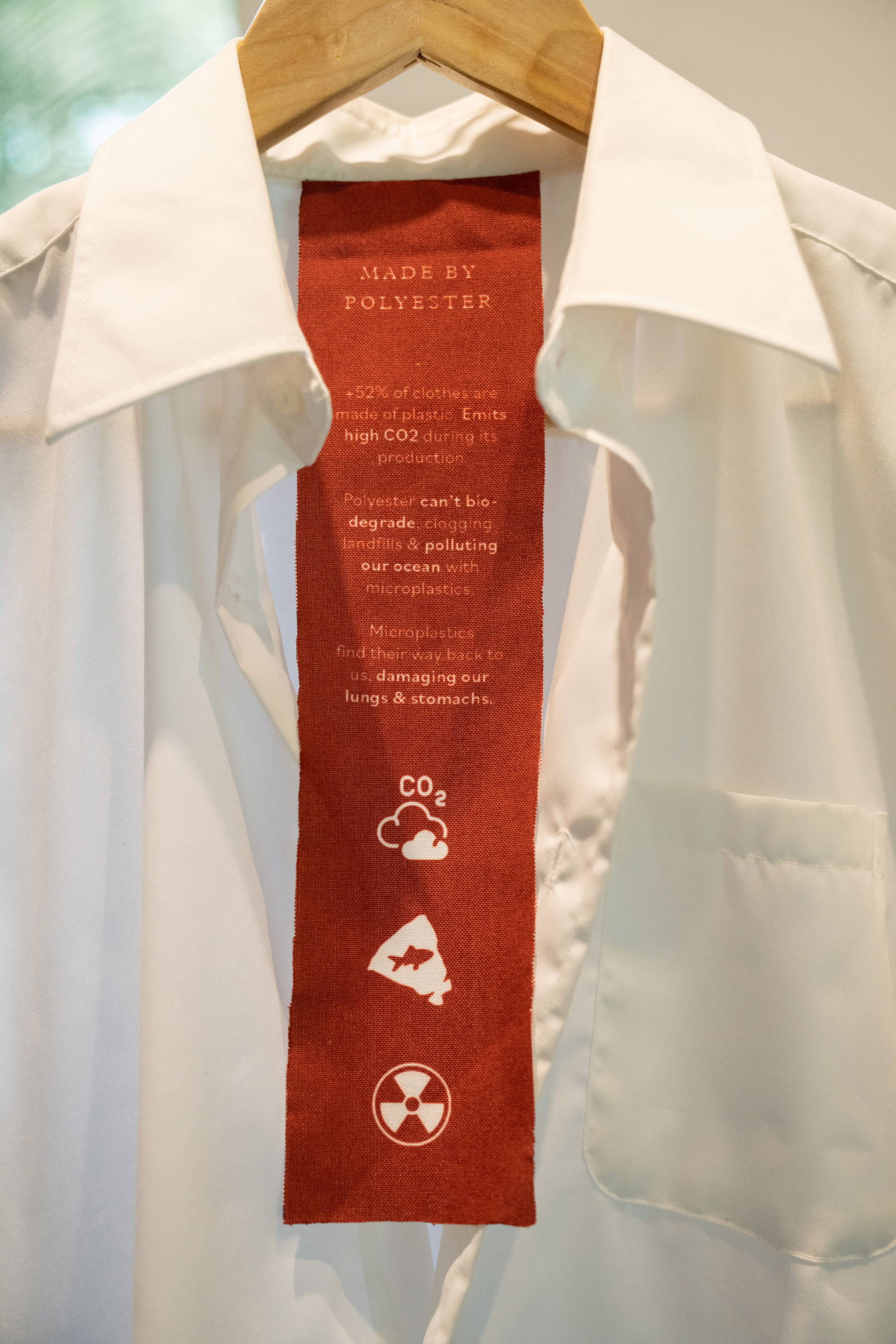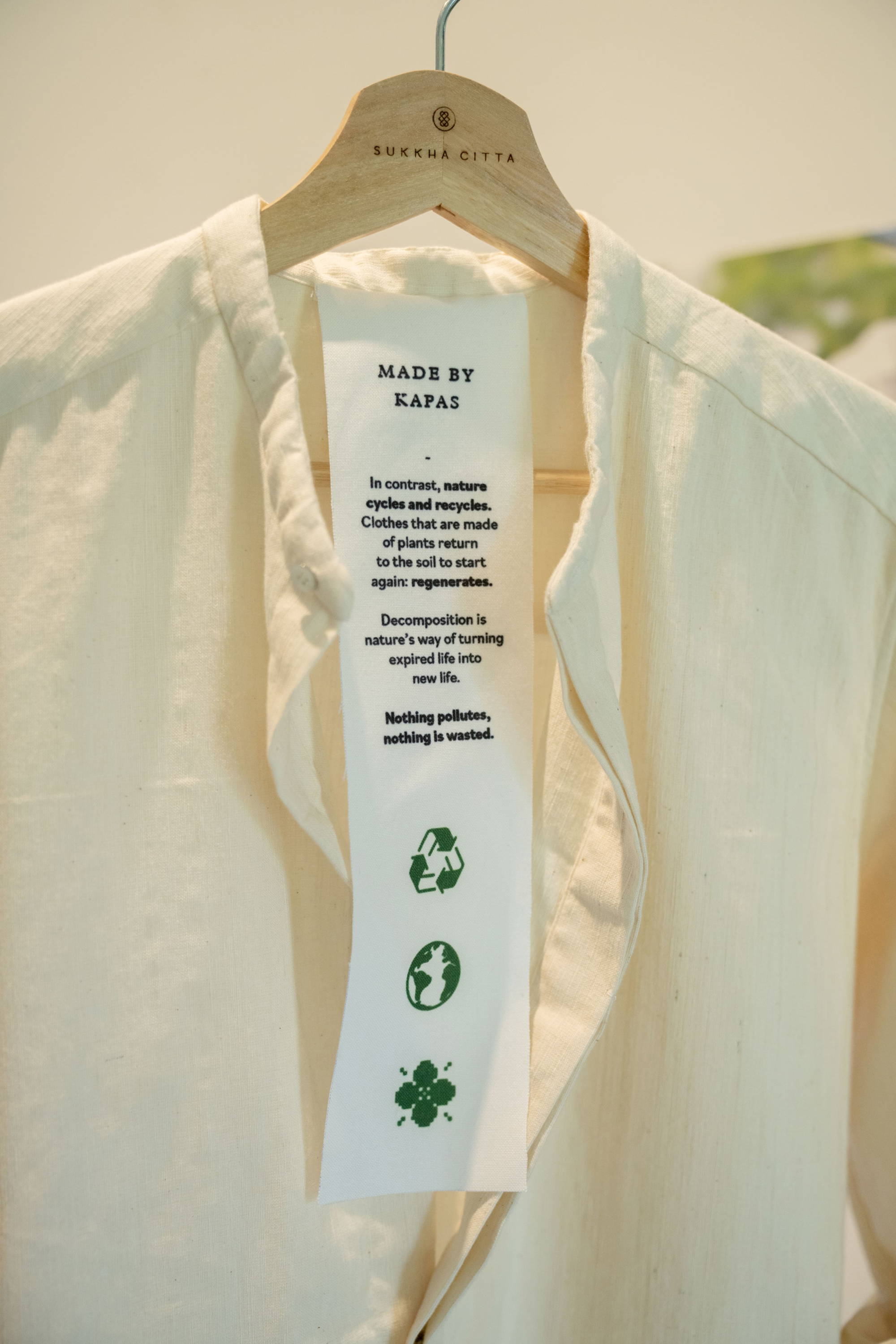KAPAS Exhibition
Come browse our ethically handcrafted KAPAS collection and take a deep dive from farm to closet in our temporary exhibition downstairs.
LOCATION
John Hardy Boutique & Gallery at Seminyak
Jl. Petitenget, Kerobokan, Kec. Kuta
Kabupaten Badung, Bali 80361
OPENING HOURS
19 Aug–30 Nov 2022
11:00 AM –07:00 PM













